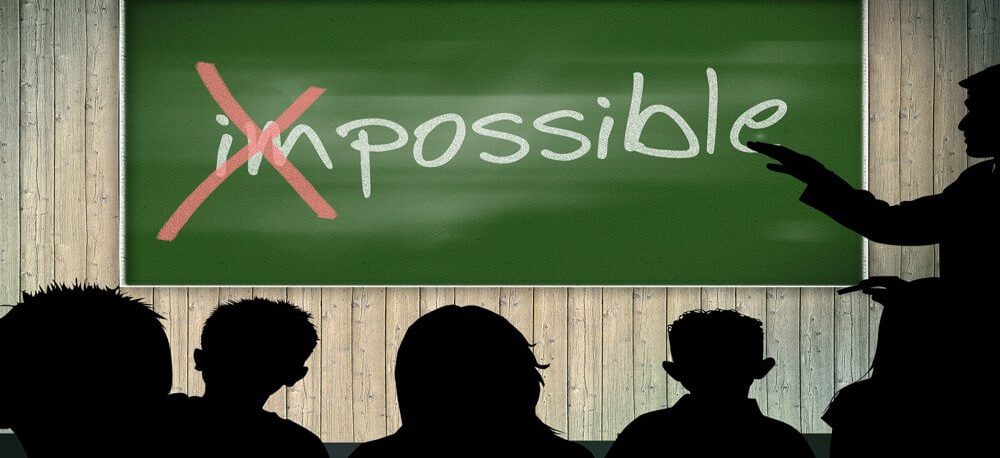Hi everybody, I hope that you are having a good day. One important way in which you can support support your children is by encouraging them to develop or maintain a growth mindset.
You may be wondering, what is a growth mindset? Why is it important?
A growth mindset is the belief that one's intelligence, skills, or understanding can 'develop' or 'grow' (Dweck, 2010). Whereas, a fixed mindset is the belief that ones intelligence is fixed and unchanging (Dweck, 2010). If a student is willing to give new educational challenges a go, values hard work, persists at appropriate educational challenges, and actively seeks new ways to develop his/her/their understanding of a given topic they are demonstrating a growth mindset. These dispositions can support the development of resilience and a higher level of engagement in the learning process (Dweck 2010; Tedx Talks, 2014). Contrasting, a fixed mindset may lead a student to avoid fully engaging in the learning process due to anxiety, the belief that effort does not matter, or the desire to save face.
A fixed mindset is especially concerning in an online-educational context because one of the many demands that online learning places on students is that they be independent learners from an earlier age. Moreover, online learning spaces may present opportunities to avoid work. Simply put, it is my belief that regardless of whether learning occurs in an online learning space or the physical world a 'growth mindset' is likely to assist students whereas a 'fixed mindset' is often a hindrance.
While teachers are experts of pedagogy and teaching practices you are an expert about your children and what motivates them to try their personal best. There are a lot of small things that you can do to help support your children to develop and maintain growth mindsets during these hard times. Three suggestions are outlined below:
- Acknowledge the power of phrases like 'not yet' (Tedx Talks, 2014). Education is hard. The curriculum is filled with 'understandings' and 'skills' which take years to fully develop. It is understandable, that students will be challenged and become frustrated. The important thing is how they manage these challenges. If one of your children says things like "this is to hard. I can not do this!" One good response is not yet, you can not do it yet but with hard work it can become easier! Then discuss how they can break the task into smaller achievable tasks. The important thing is that the phrase 'not yet' can re-conceptualise academic outcomes from being an impossibility to something that we need to work towards.
- Be a role model. When you find something challenging in the home, it is a good opportunity to model how you go about approaching things that you find to be hard to your children so that they learn a variety of strategies to deal with challenges.
- Ask them questions. Questions, like "I wonder if.... or why do you think..." can really give a student a licence to think deeply about what they are learning, curiosity and creativity can be powerful tools for engaging students with the learning process.
Reference List
Dweck, C. S. (2010). Even geniuses work hard. Educational Leadership, 68(1), 16-20.
Tedx talks.2014, September 12. The power of yet | Carol S Dweck | TEDxNorrköping. https://www.youtube.com/watch?v=J-swZaKN2Ic&vl=en

